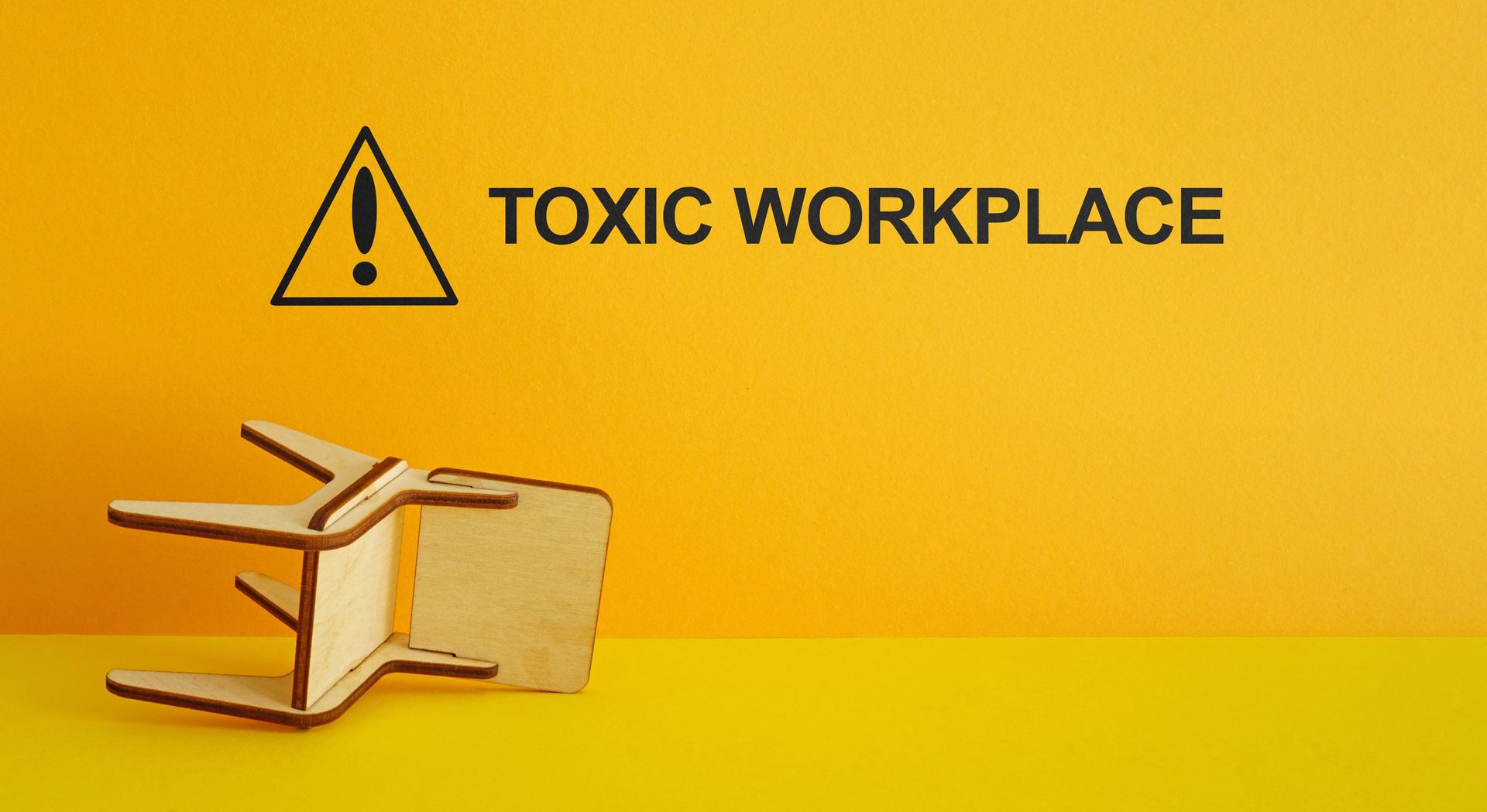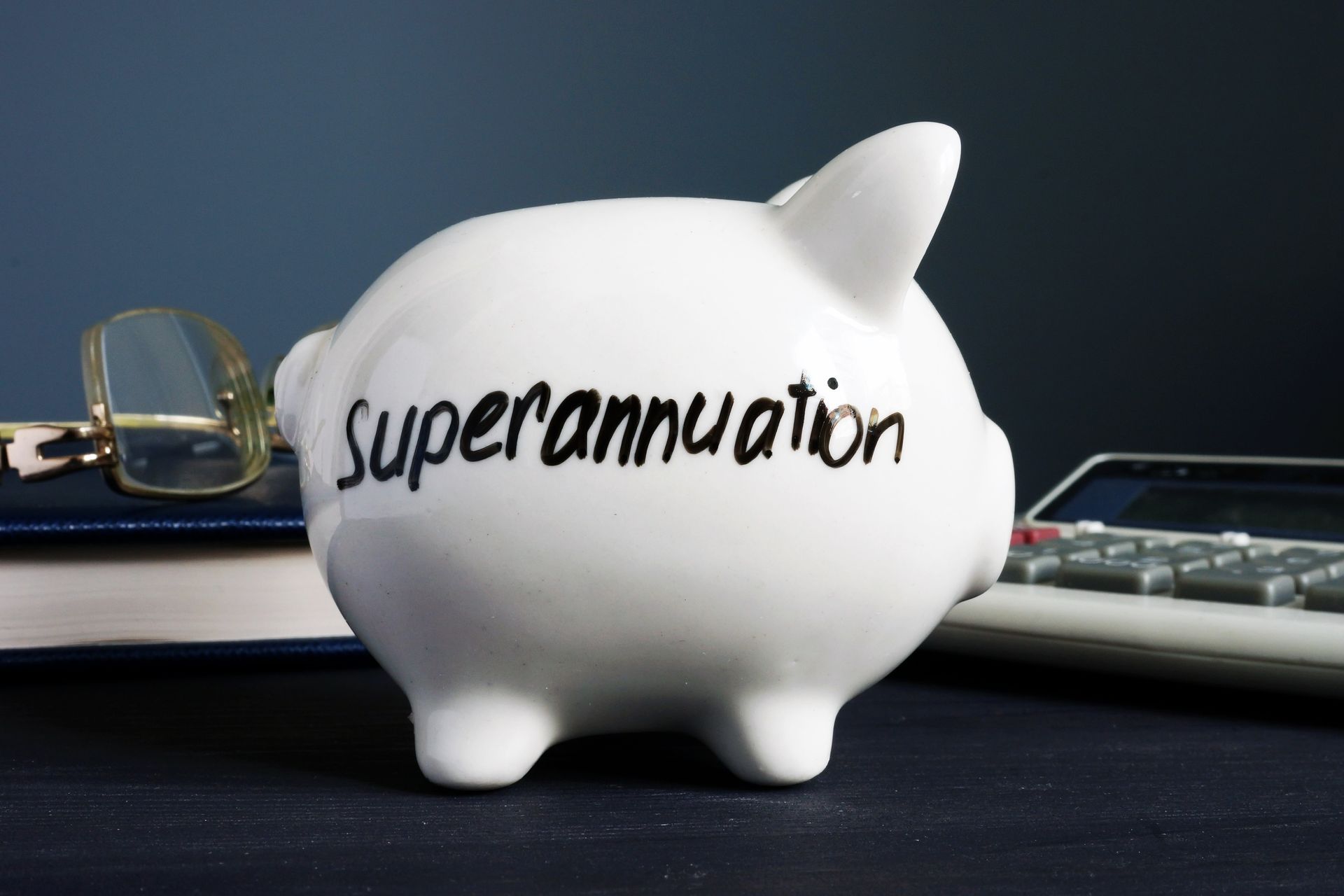What are the circumstances for insolvency?
David Addinall, Senior Associate • June 12, 2024
Insolvency occurs when an individual or entity is unable to pay their debts as they fall due. Insolvency can lead to various legal consequences, including bankruptcy for individuals and liquidation or administration for companies. The grounds for insolvency are generally determined by assessing whether a person or entity meets certain criteria indicating financial distress. Here are the key indicators for insolvency:
Inability to Pay Debts: The primary indicator for insolvency is the inability to pay debts as they become due. This means that a person or entity is unable to meet their financial obligations as they fall due, indicating a lack of liquidity or solvency.
Cash Flow Test: One common test for insolvency is the cash flow test, which assesses whether a person or entity is experiencing ongoing financial difficulties and is unable to meet their financial obligations as they arise. This test looks at the ability to pay debts as they fall due based on cash flow projections.
Balance Sheet Test: Another test for insolvency is the balance sheet test, which assesses whether a person or entity's liabilities exceed their assets, indicating a lack of solvency. If the value of assets is insufficient to cover liabilities, it may be a sign of insolvency.
Failure to Pay Demands: If a person or entity fails to meet demands for payment from creditors, such as receiving a statutory demand for payment of debt and failing to comply within the specified timeframe, it may be considered evidence of insolvency.
Legal Proceedings: Legal actions taken by creditors to recover debts, such as court judgments or winding-up petitions against companies, can indicate financial distress and potential insolvency.
Inability to Raise Finance: If a person or entity is unable to secure financing or credit to meet their financial obligations, it may indicate underlying financial difficulties and potential insolvency.
Admission of Insolvency: A voluntary admission of insolvency by a person or entity, such as filing for bankruptcy or appointing an administrator for a company, can also be considered evidence of insolvency.
Insolvency matters are rarely straightforward and rely heavily on the technical and practical knowledge of legal experts to successfully navigate. If you believe you or your business may be insolvent, it's advisable to seek professional advice from an insolvency lawyer who can provide guidance on your options and obligations.
Here at Kells, our insolvency lawyers have a wide breadth of experience working with lending institutions, business stakeholders, directors, as well as leading insolvency practitioners.
Photo 198912196 © Zerbor | Dreamstime.com

Kells has been delivering outstanding services and legal expertise to commercial and personal clients in Sydney and the Illawarra region for more than five decades. Our lawyers are savvy and understand your needs.
Subscribe
Want to get the latest articles and news delivered to your inbox?
Request a Callback
Need help with a legal matter? Send us your details and one of our team members will be in touch.
Quicklinks
Expertise
Read Our Latest Insights
Our Locations
© 2022 Kells Your Lawyers | ABN: 88 235 192 916
Liability limited by a scheme approved under Professional Standards Legislation




